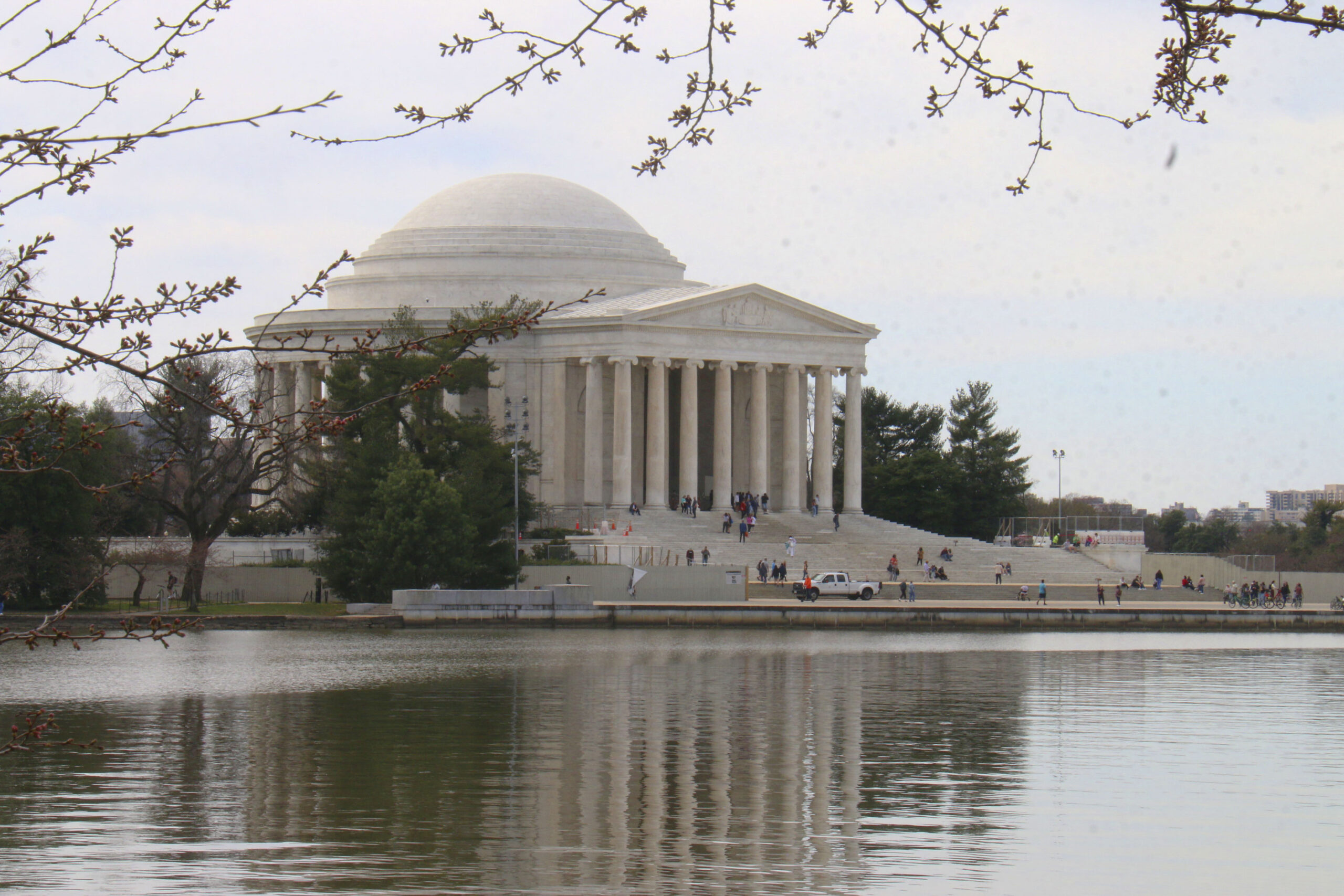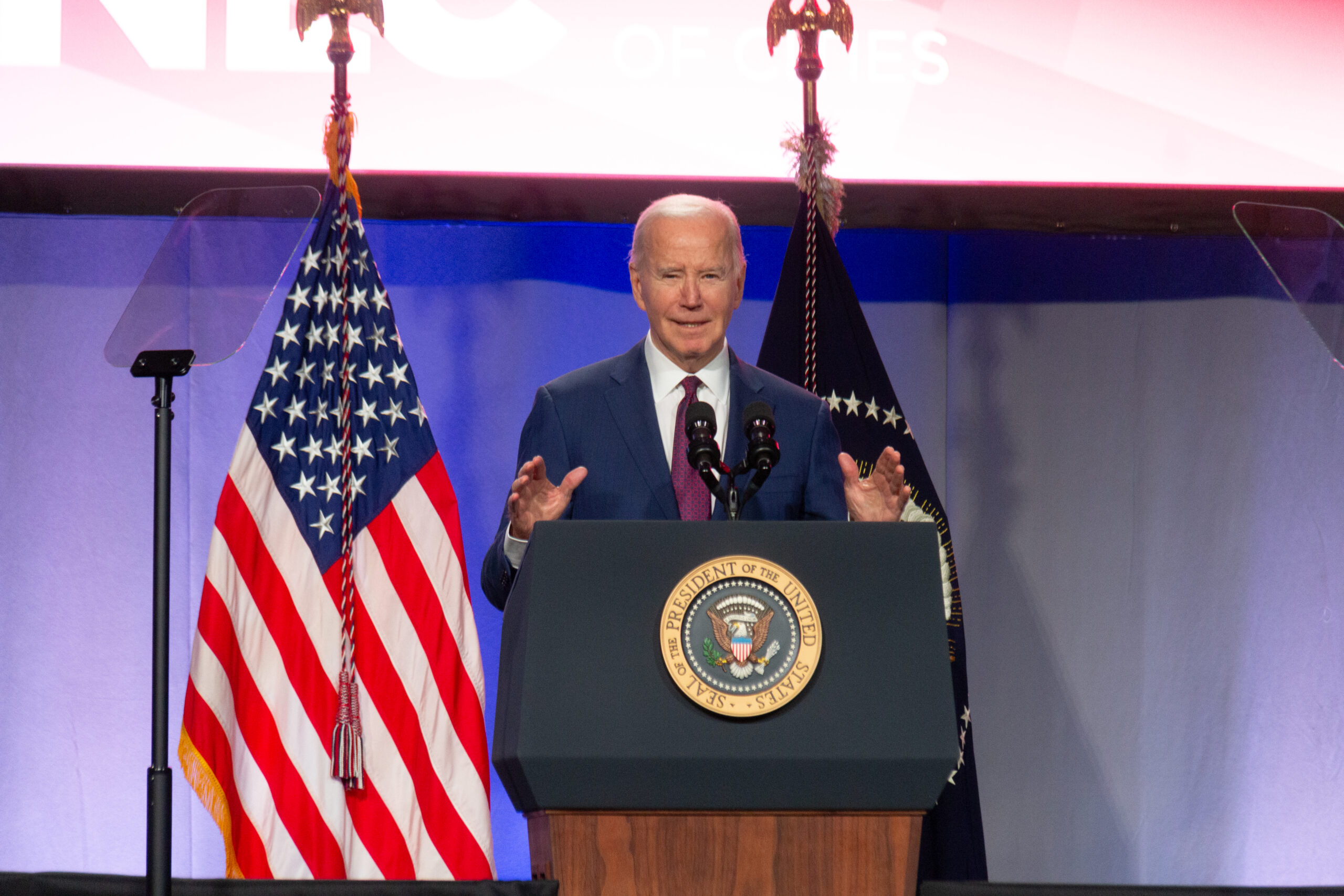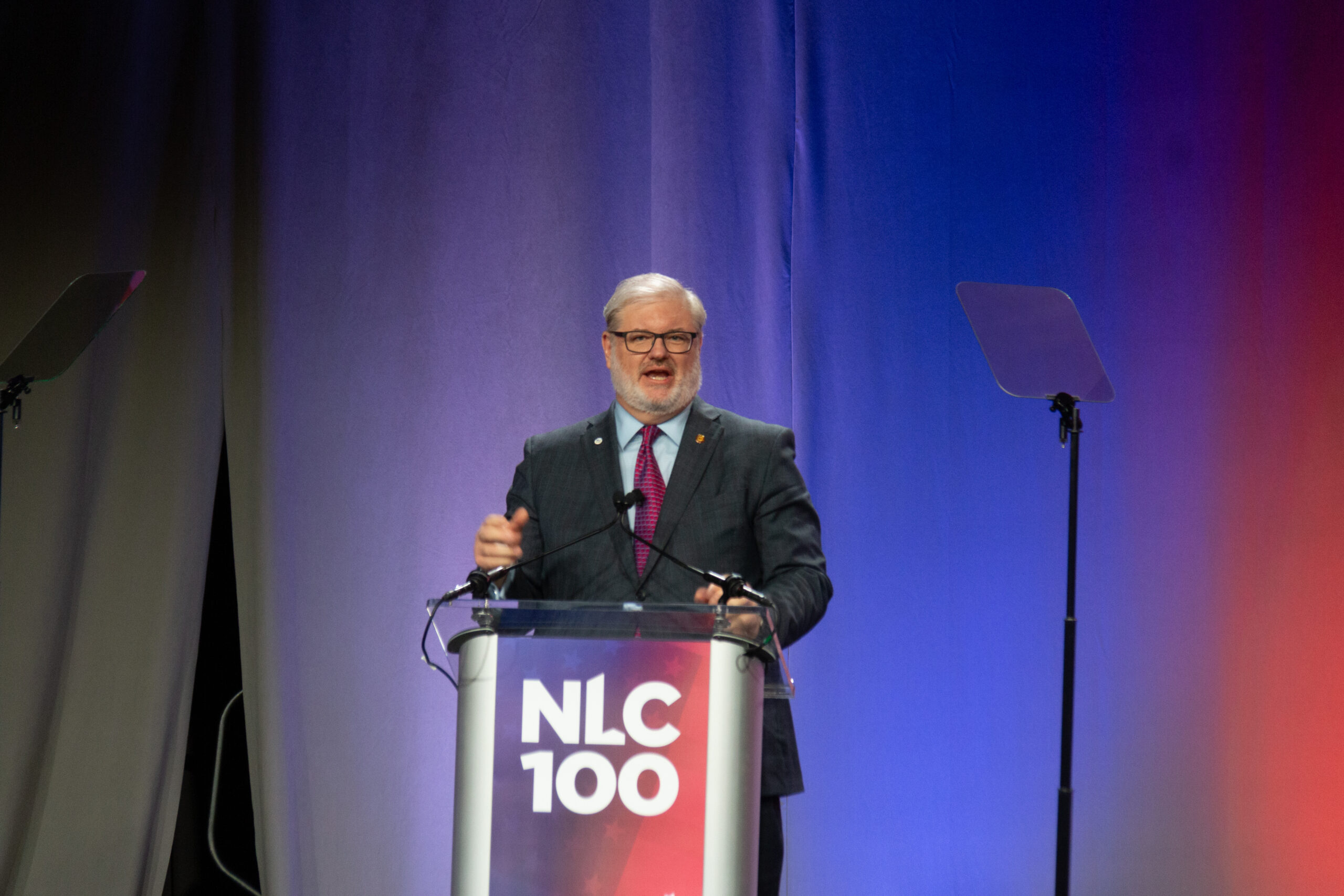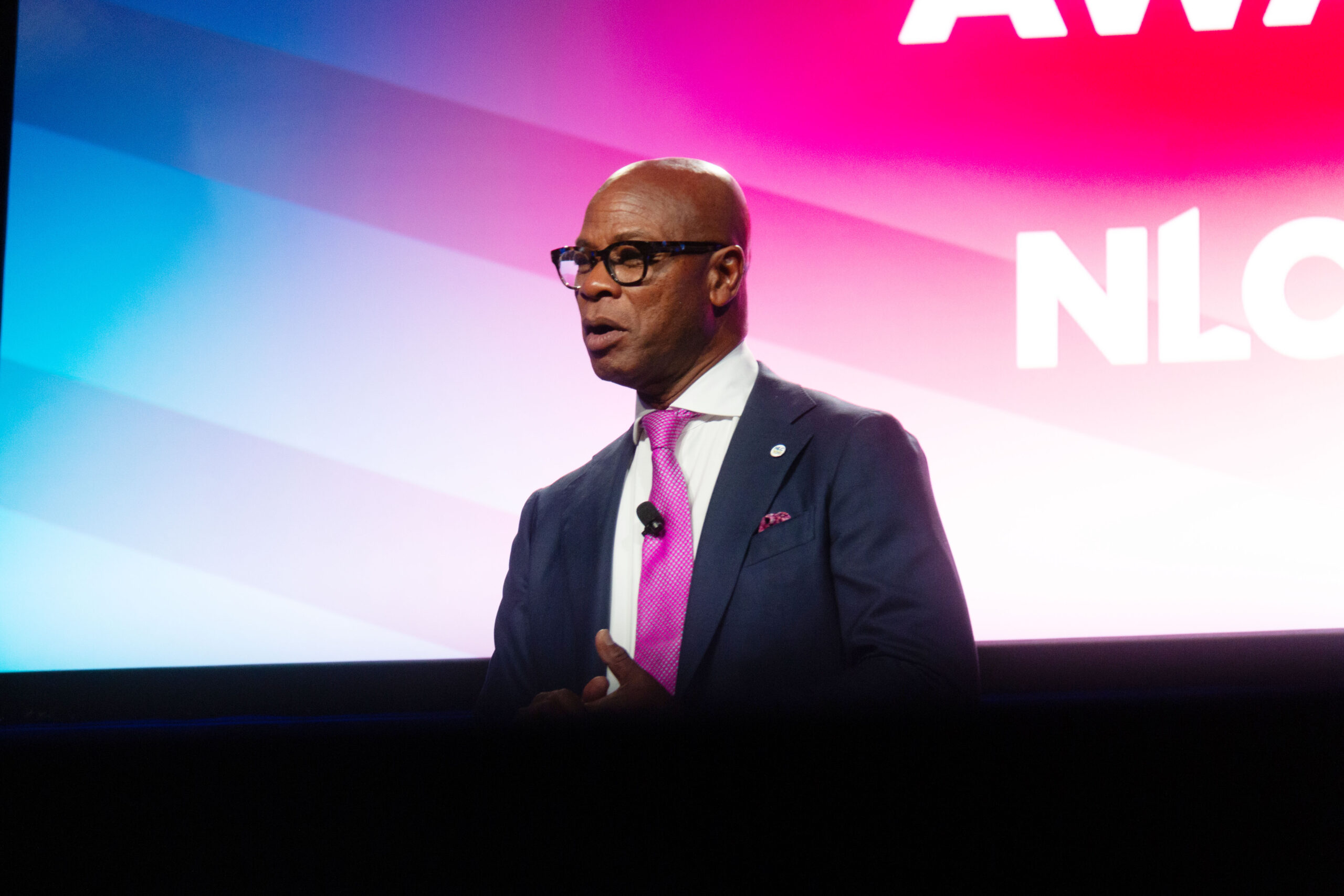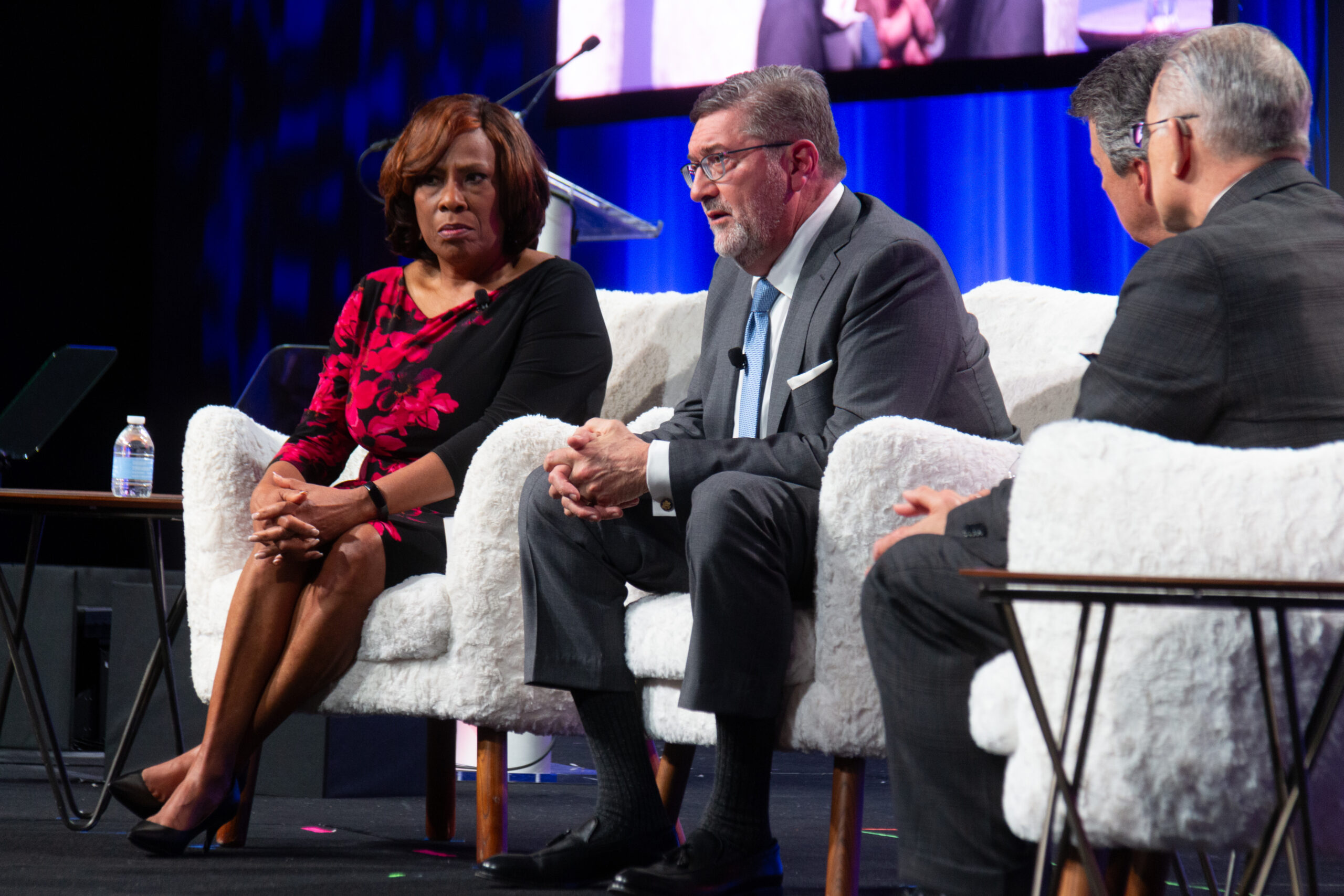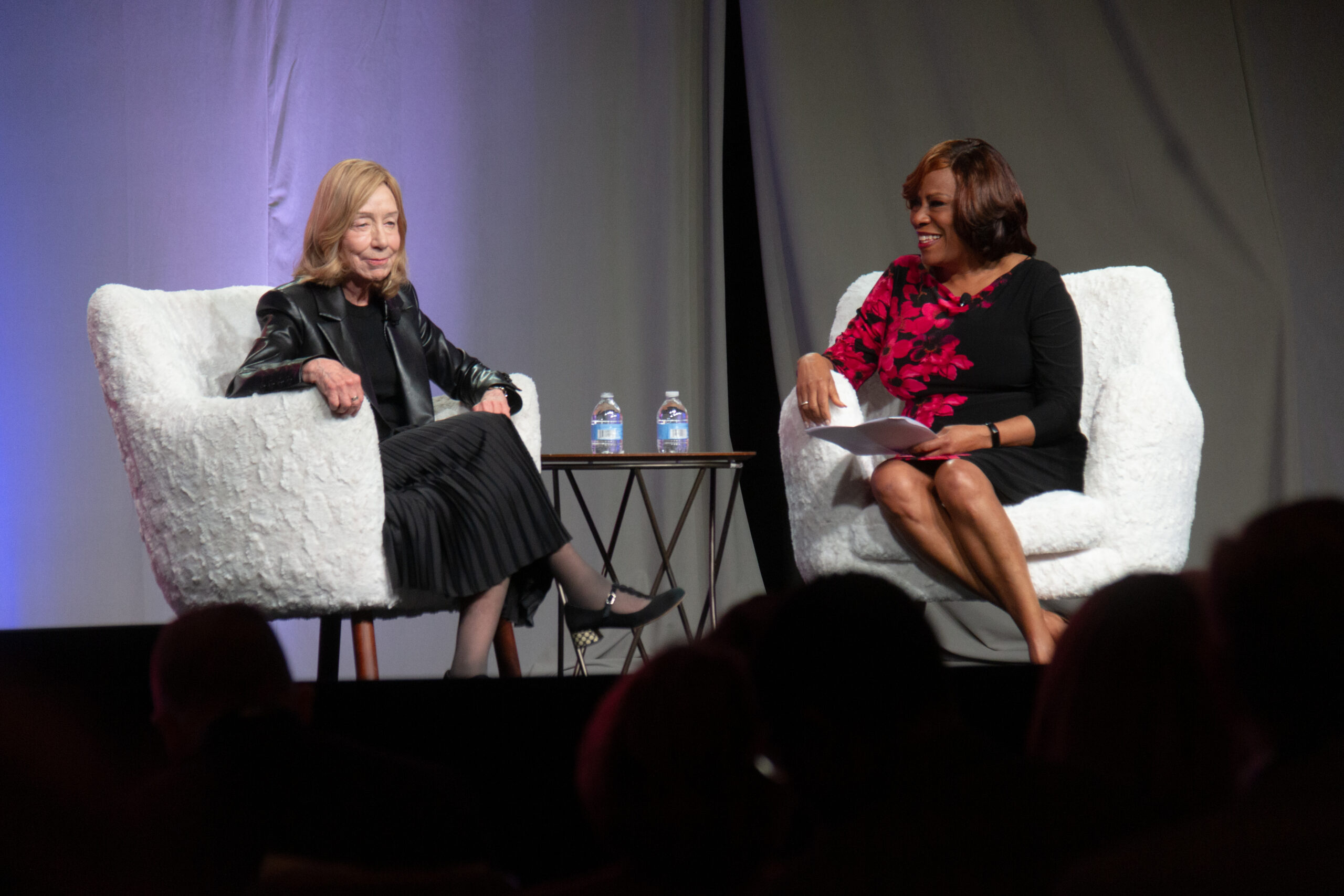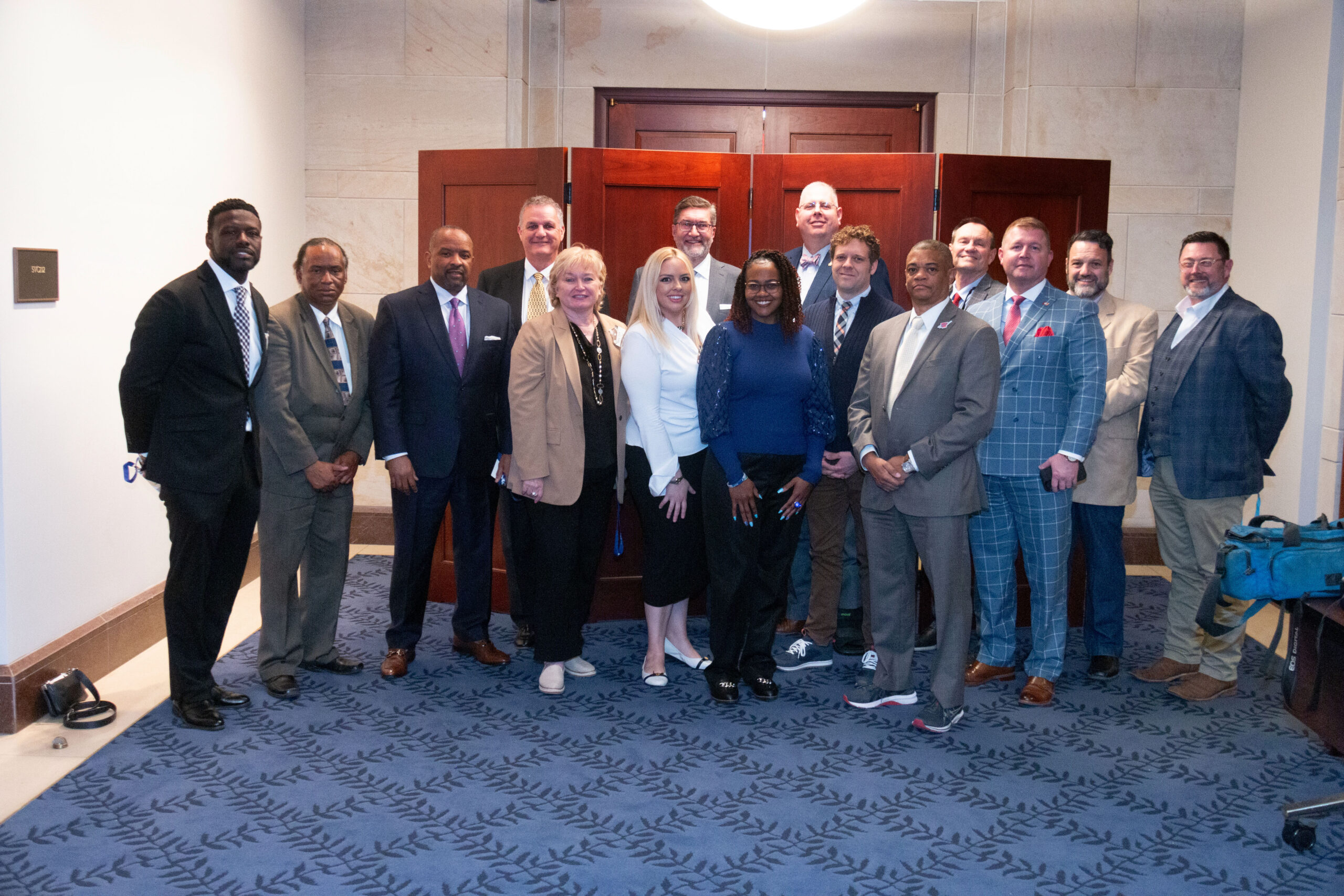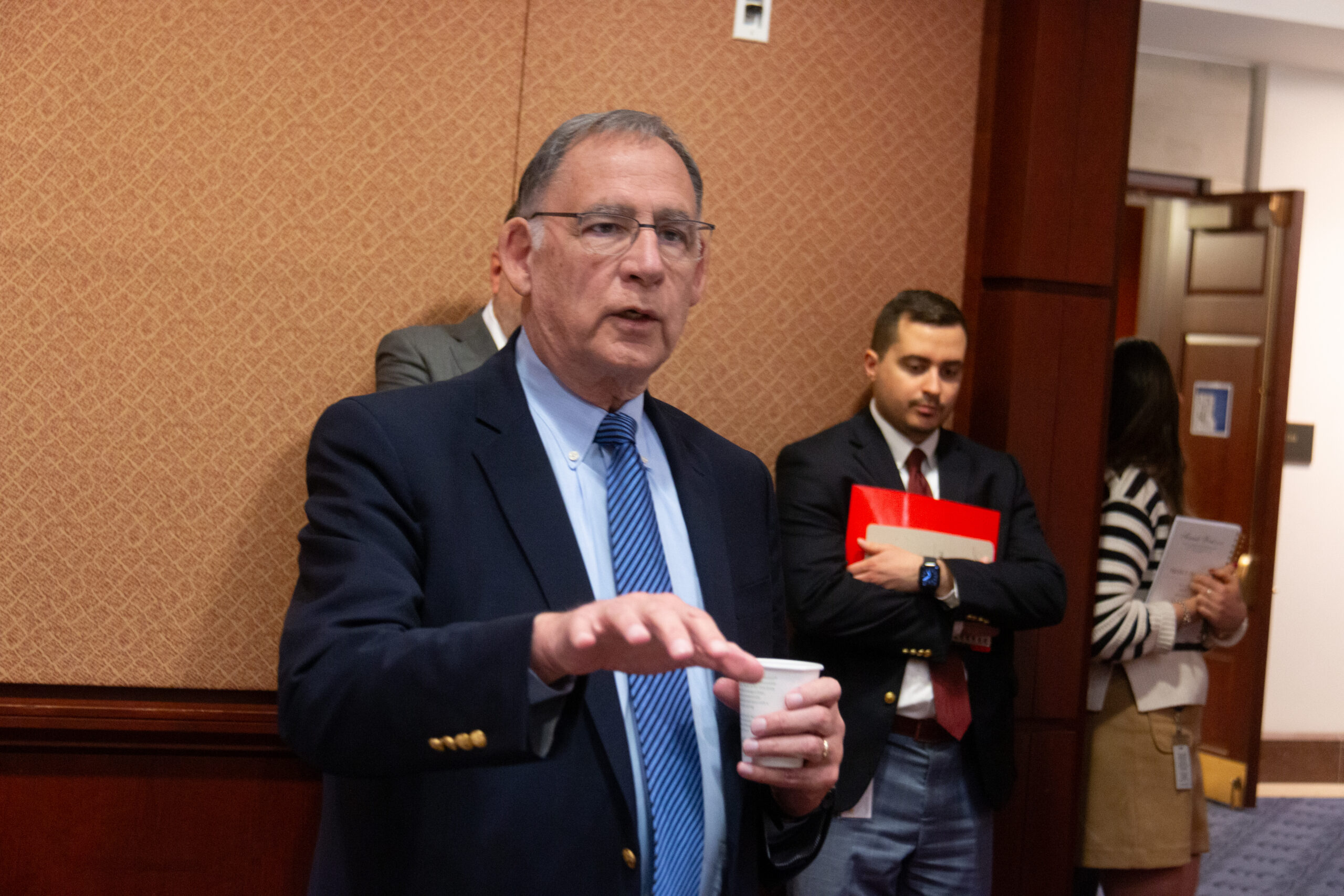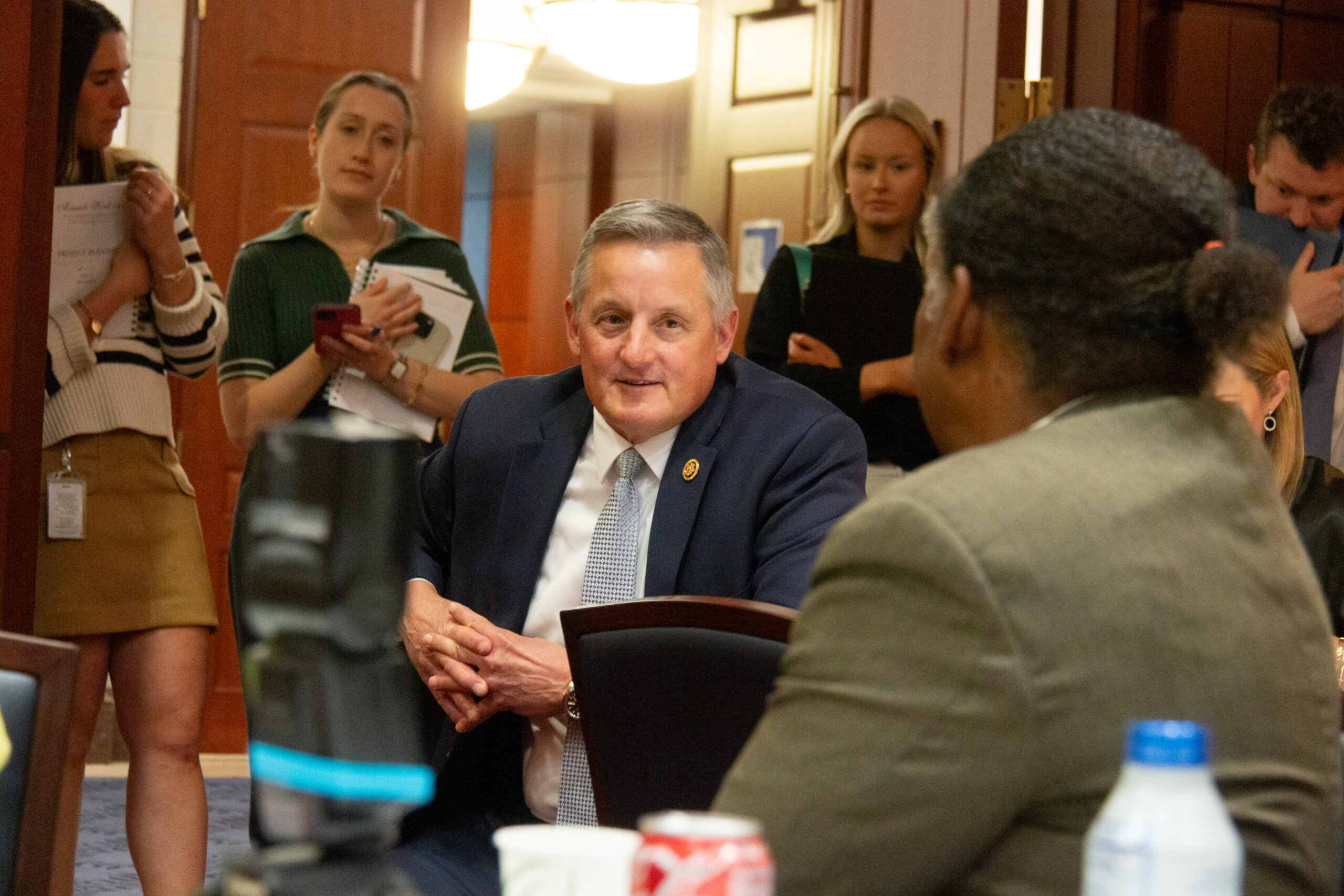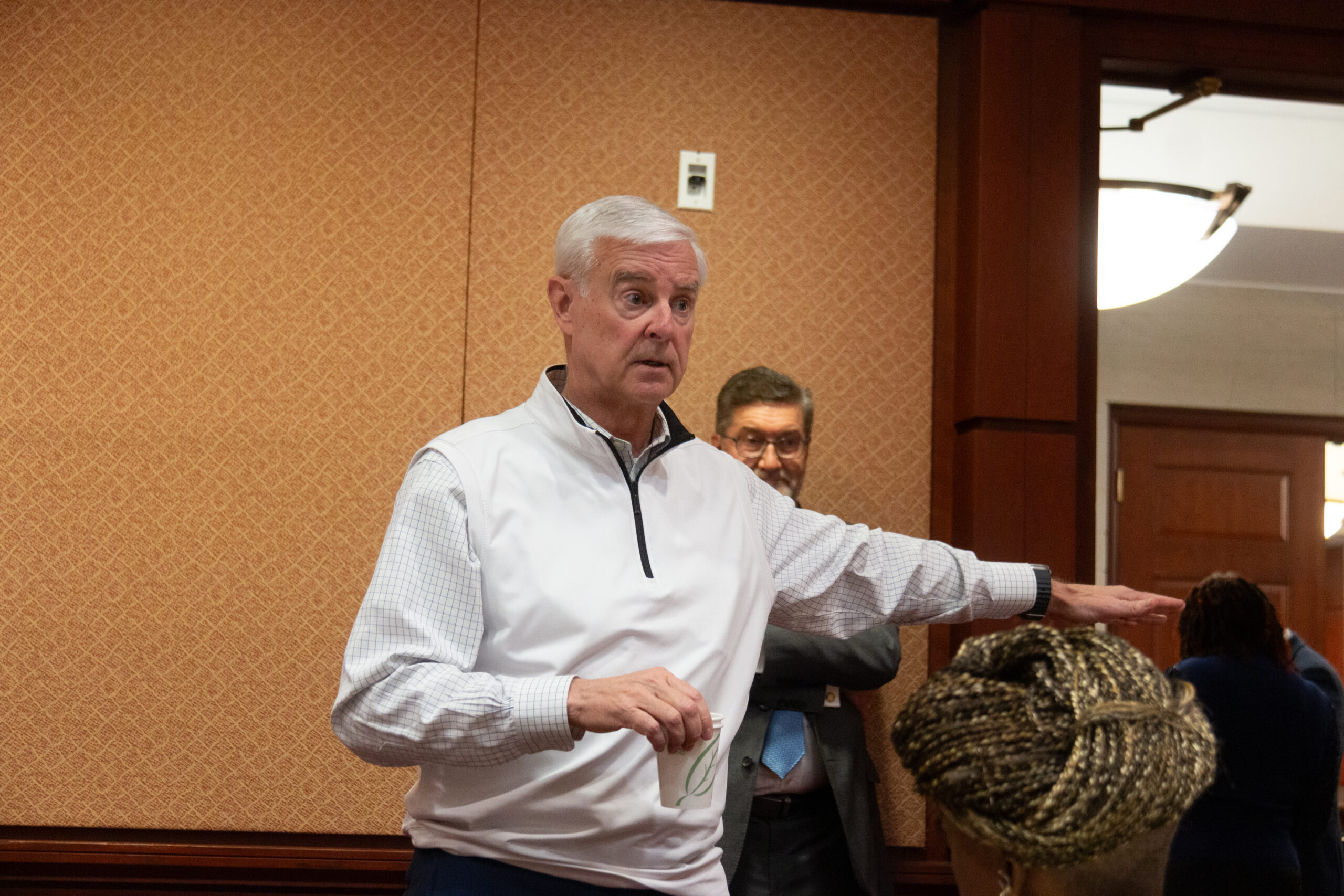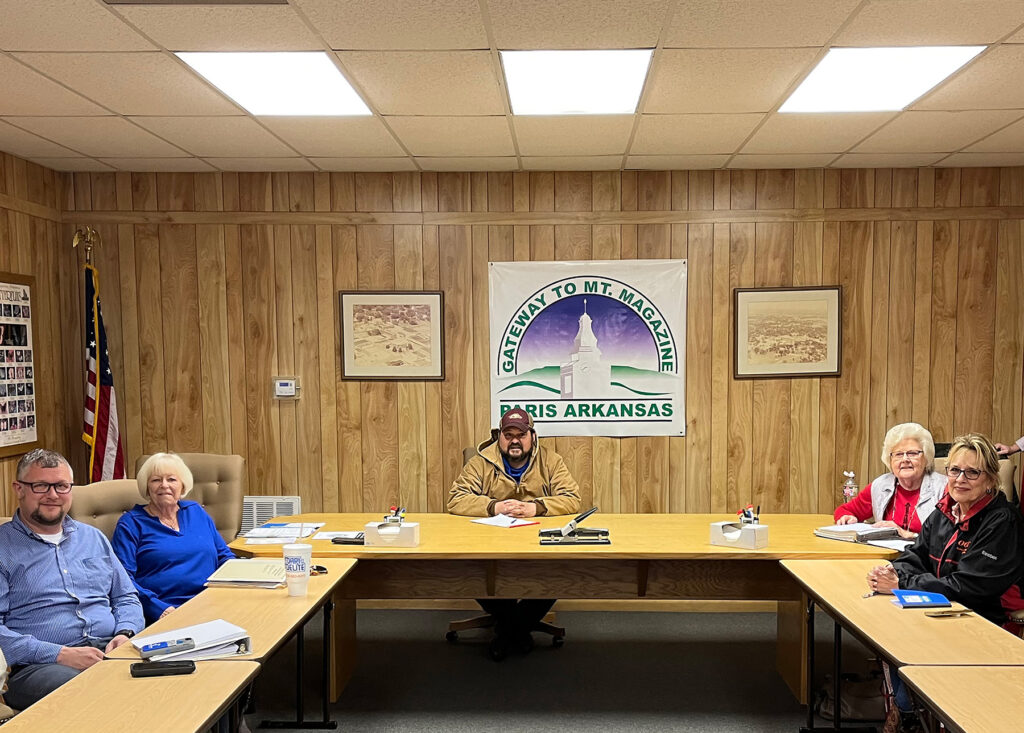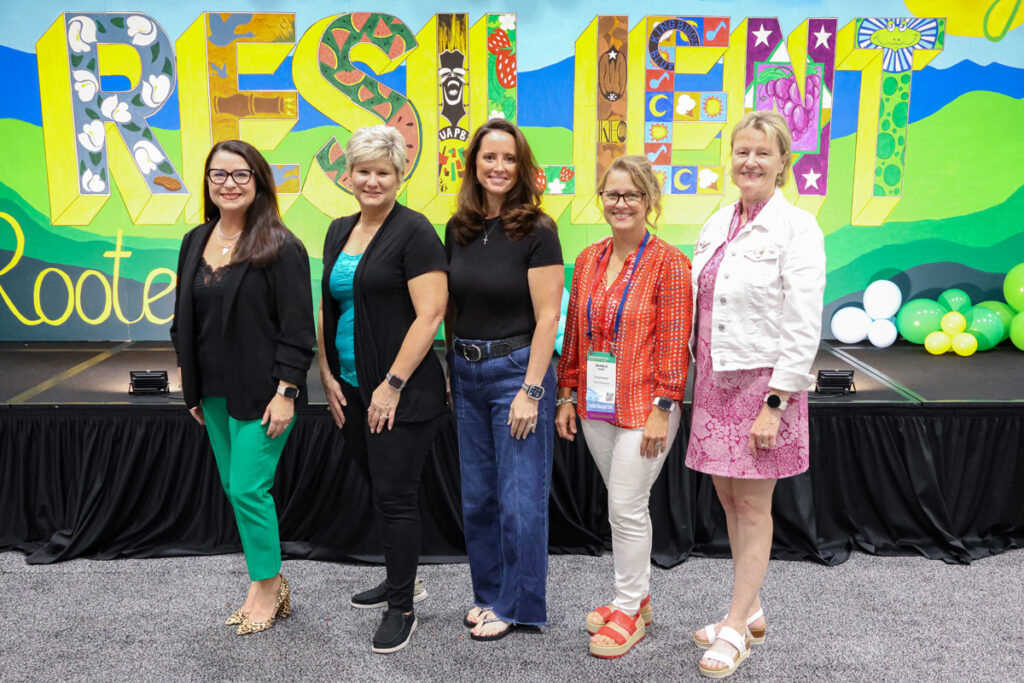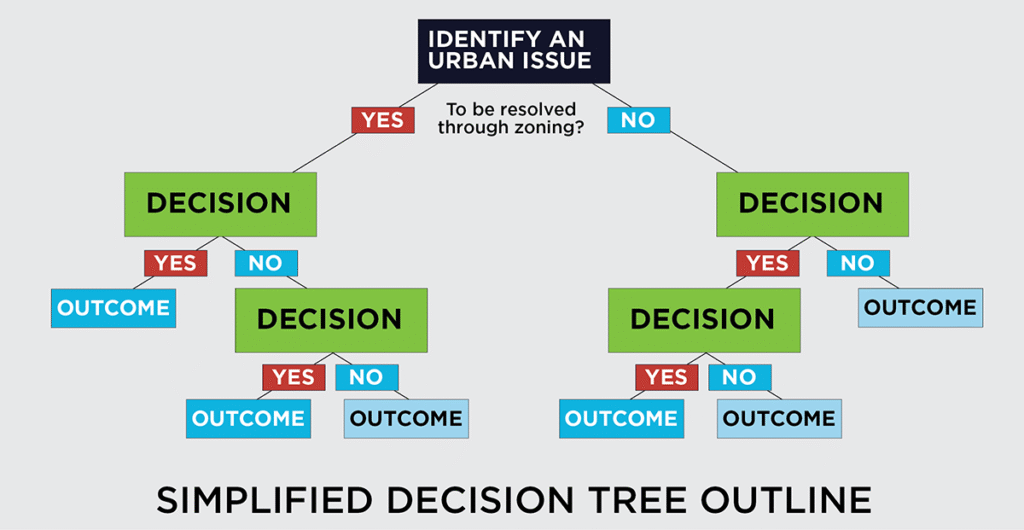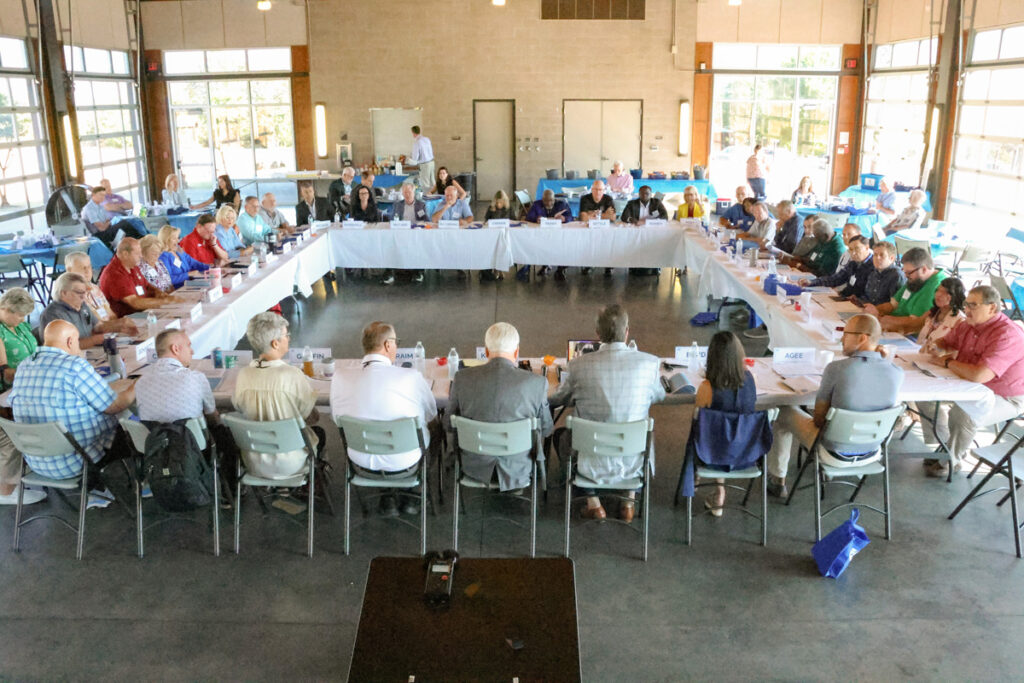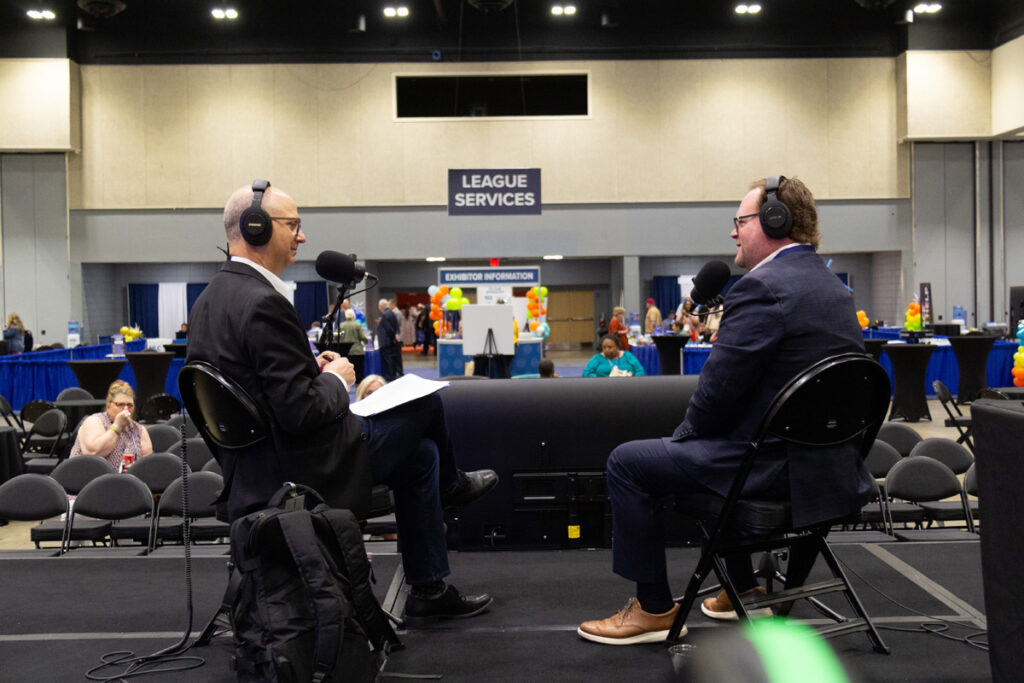Local government leaders from cities, towns and villages across the nation gathered for the 59th National League of Cities Congressional City Conference, held March 11-13 at the Marriott Marquis in Washington, D.C. According to the NLC, more than 3,000 local leaders were in attendance to hear from President Joe Biden and members of his administration, congressional leaders from both sides of the aisle, NLC’s leadership, and their fellow municipal officials, who discussed issues essential to cities, including infrastructure, workforce development and the opioid crisis. The conference also gave local officials the opportunity to meet with their congressional delegations to discuss the issues facing their constituents at home.

